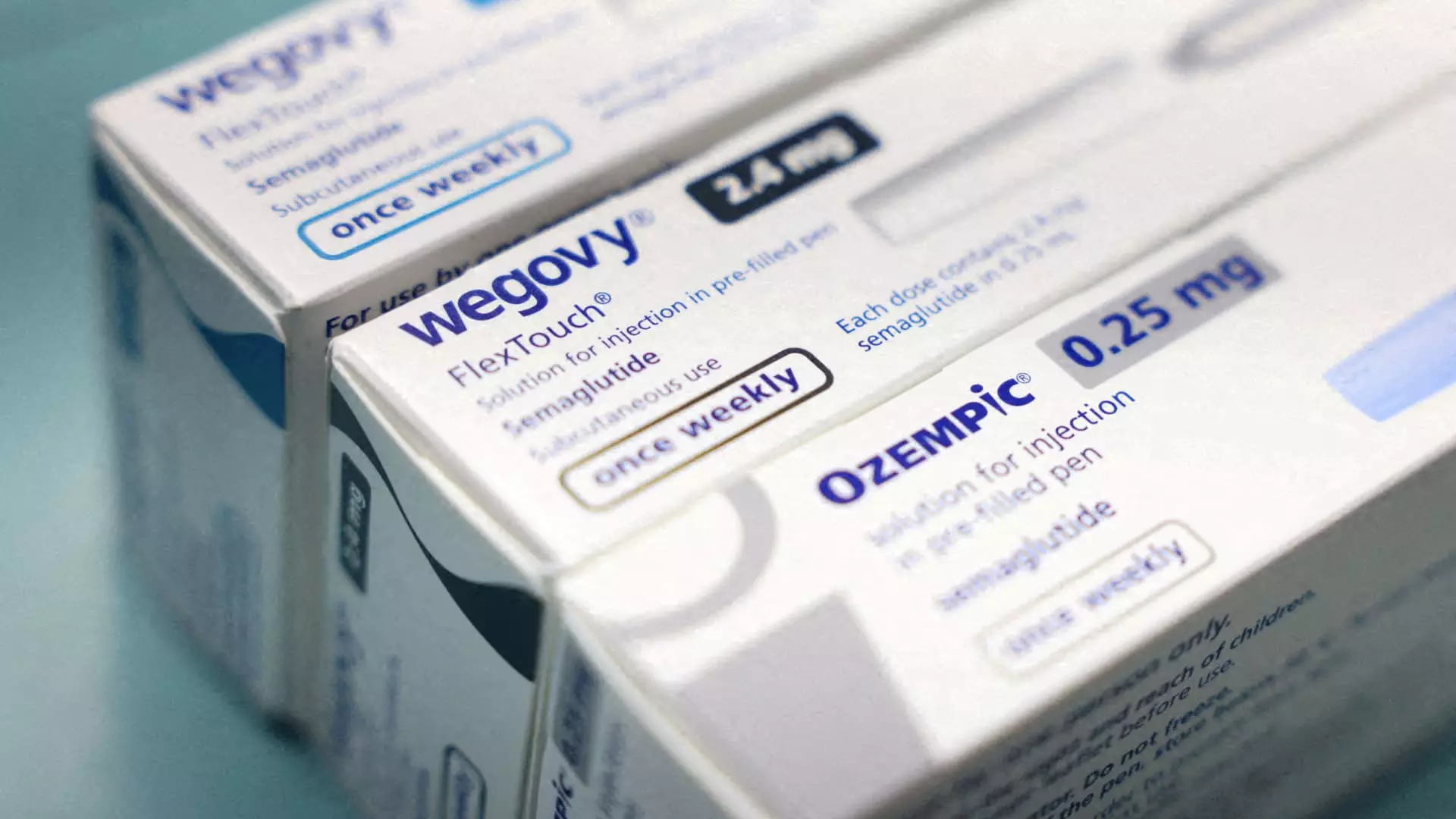The long-awaited resolution to the U.S. shortage of Novo Nordisk’s weight loss injection, Wegovy, and diabetes treatment, Ozempic, has finally arrived, as announced by the U.S. Food and Drug Administration (FDA). For over two years, demand for these medications has far exceeded supply, leading many patients to seek alternatives or rely on compounded versions of these drugs, which were generally cheaper but not FDA-approved. The resolution marks a significant turning point not just for consumers but also for the pharmaceutical industry, which has been navigating these shortages with varying levels of success.
This announcement signifies that Novo Nordisk’s production capabilities have been sufficiently enhanced to meet current and anticipated market demand. While this development is promising, patients and healthcare providers should remain vigilant, as the FDA warned of potential “intermittent and limited localized supply disruptions” during the transition period as products are distributed through pharmacies. The resolution of the supply issues for semaglutide, the active ingredient in both drugs, allows Novo Nordisk to step back onto solid ground in a competitive marketplace that is rapidly evolving.
The Impact on Pharmaceutical Competitors
Novo Nordisk’s stock saw a notable boost, closing approximately 5% higher following the announcement, indicating investor confidence in the company’s future prospects. In a stark contrast, shares of telehealth company Hims & Hers, which has been providing compounded versions of Wegovy and Ozempic, plummeted over 25%. This decline illustrates a significant market shift that pharmaceutical competitors, especially Eli Lilly—another key player in weight loss treatments—must navigate carefully.
The recent FDA resolution poses a challenge to compounding pharmacies that profited significantly from producing unapproved versions of semaglutide during the shortage. The agency’s ruling emphasizes the importance of FDA-approved medications and the risks associated with unregulated compounds. As these compounding pharmacies begin to cease production of these versions within the next 60 to 90 days, it raises questions about patient access and potential obstacles for individuals reliant on these cheaper alternatives.
Consumer safety concerns highlight a critical aspect of this issue. Dave Moore, executive vice president of U.S. operations at Novo Nordisk, expressed relief that the FDA has finally recognized the resolution of the supply issue. His statement emphasized the importance of ensuring patients do not resort to “fake or illegitimate knockoff drugs that pose significant safety risks.” In today’s health landscape, misinformation and the availability of unregulated substitutes can pose real dangers to patients’ well-being.
However, the announcement does not come without complications. While Ozempic is typically covered by many health plans, Wegovy—designed specifically for weight loss—remains excluded from coverage by Medicare and various insurance providers. This distinction poses a potential barrier to access for many patients who need but may not afford the cost of brand-name weight loss drugs without adequate coverage.
The recent decision by the FDA is not just a response to current supply concerns but a proactive move that positions Novo Nordisk favorably against Eli Lilly. With projections estimating a booming weight loss drug market potentially worth over $150 billion annually starting in 2030, it becomes imperative for companies in this sector to be equipped to meet surging demand effectively. The resolution of supply shortages in semaglutide may well provide Novo Nordisk with a competitive edge, allowing it to reclaim market share in an industry that is rapidly expanding and evolving.
Both manufacturers, Novo Nordisk and Eli Lilly, have already indicated healthy investments toward expanding their manufacturing capabilities. This proactive approach might prove critical as patient needs continue to evolve and competition intensifies. With the resolution of the semaglutide supply chain issues, both companies now have the opportunity to capitalize on a growing market, bearing in mind that patient access to medications remains a fundamental concern in this ever-changing landscape.
While the FDA’s recent announcement heralds the end of a prolonged shortage of key weight loss and diabetes treatments, the implications extend far beyond mere supply stability. It reshapes the competitive dynamics within the pharmaceutical industry, raises crucial ethical questions regarding consumer safety and access, and sets the stage for a burgeoning market that requires measured, strategic investments going forward.

